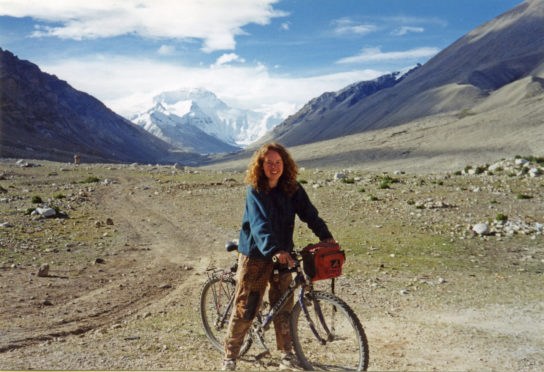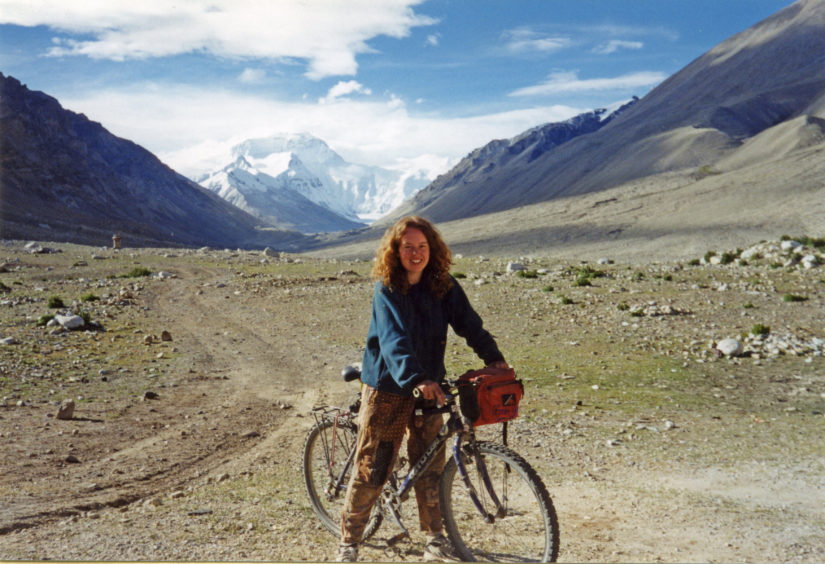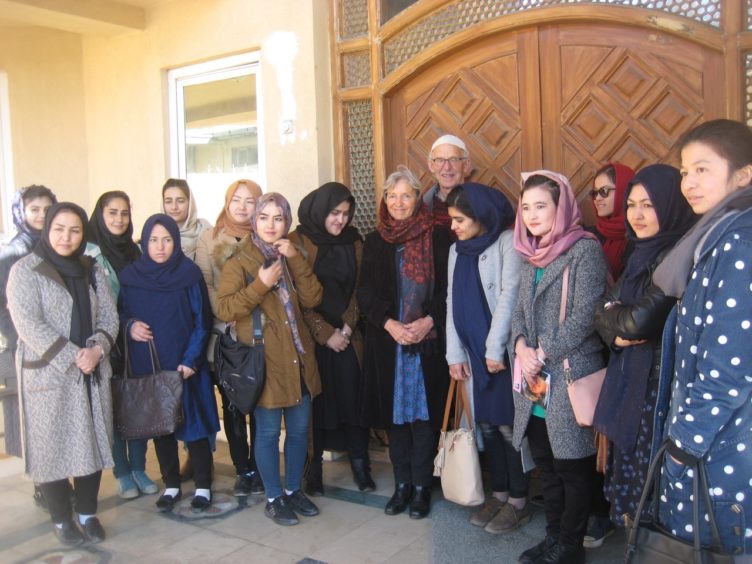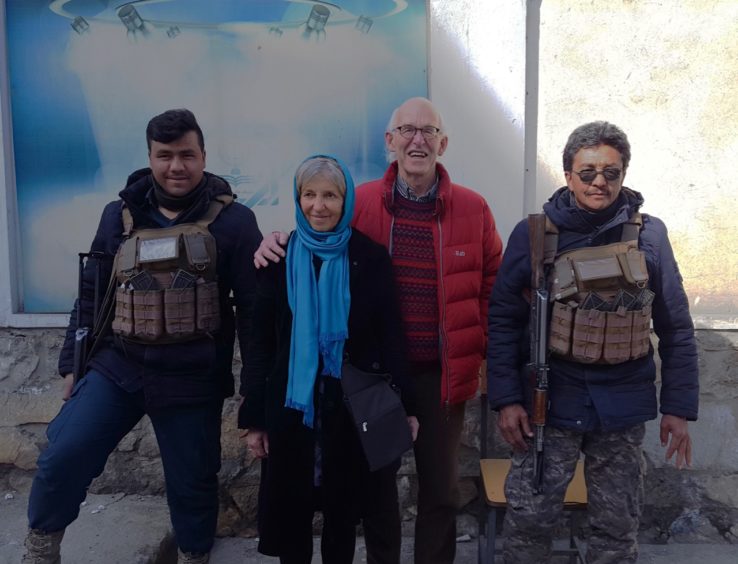As the anniversary of aid worker Linda Norgrove’s death approaches, Shona Gossip discovers how her legacy is helping a new generation of Afghan women
The house is quiet, apart from the ticking of the kitchen clock and the gentle whir of the oven fan as bread bakes.
Lorna Norgrove has paused, choosing her words carefully as she remembers the moment she and husband John found out their daughter Linda had been kidnapped in Afghanistan.
“That day we had gone for a walk in the hills with the dog – it was a beautiful day,” she says.
“As we came back into the village, we passed a policeman. He had been sent to tell us.”
“We knew the risk was there, but it was a huge shock when he told us Linda had been kidnapped,” John added.
“We thought the risk was more likely to come from a bomb blast. We just didn’t expect a kidnapping.”
Linda had been working for American aid agency Development Alternatives Inc (DAI) in Kunar province, eastern Afghanistan, when she was kidnapped on September 26, 2010.
The Aberdeen University graduate died 12 days later on October 8, killed by a grenade used during the rescue operation by US forces.
The 36-year-old had been working in the Middle East for years when she was taken, although had only returned to Afghanistan nine months before – unable to stay away from the vibrant landscape, culture and the people she loved.
In the days and weeks that followed, her parents John, 69, and Lorna, 71, found themselves thrust into the spotlight as the media descended on their tranquil home in Mangersta in Uig, Lewis.
Two weeks after her death, the retired crofters decided to use that “powerful” new-found attention to their advantage, and launched a charity in Linda’s name – determined her Afghanistan should not be forgotten.
Since then, the Linda Norgrove Foundation has raised more than £1.5 million to fund initiatives aimed at bettering the lives of women and children.
“We wanted to continue what Linda was doing,” John said.
“Her focus was women and children and education was particularly important to her.
“She really cared about Afghanistan, so we knew that had to be paramount to whatever we did.
“Lots of the girls have got mothers or fathers who are ill, or who have had a family member injured or killed. That puts pressure on the girls to work.
“When things go badly in the UK, they can recover but over there it’s far more difficult to recover from anything that goes wrong.”
John and Lorna are just back from their biennial trip to Afghanistan, where they interviewed the latest prospective students for one of 50 scholarships in law, business, IT and economics.
Their daughter Sofie, who runs a bed and breakfast in Taynuilt, is understandably anxious when they head off so the couple tend to keep the trips short, but busy.
John said: “It gets easier every time we go as we know what we’re doing, but the security is getting worse. On our first trip, we went to Jalalabad but we wouldn’t go there now.
“We go round Kabul in an unmarked car and it feels relatively safe, but there are lots of helicopters flying around the city.
“When we were doing interviews, a bomb went off near the campus.
“There are lots of scary things going on – more and more civilians are being killed than before.
“Sofie realises that it’s important for us to go. She accepts it, but she doesn’t like it.
“We’re lucky we can go in and out again, but these people are facing these threats for the rest of their lives.”
As a regional director for DAI in Jalalabad, Linda oversaw a USAid project designed to create jobs and strengthen local Afghan leadership and economies in vulnerable areas.
She headed a 500-strong team that built roads, bridges and markets, worked to secure opportunities for women and the disabled and taught herself to speak Dari to help her establish proper relationships.
Linda also fasted for Ramadan and even refused to use air conditioning as the locals did not have it.
Her efforts did not go unnoticed and she earned herself the respect – in such a patriarchical society – of being called “sir”.
But Linda was not unaware of the risks she was putting herself in, especially after choosing to return to Afghanistan after 18 months in Laos.
Her father, a retired water services manager and consultant, said: “She knew the risks, but she wanted to go.
“A month or two before the kidnapping she told us how pleased she was to have gone back and how happy she was there.
“She knew that if things were difficult, she could leave. She always used to say that – ‘if I want to go I can, but the Afghans can’t’.”
The Norgroves are currently also supporting 50 women studying to become doctors, including in Myanmar and Australia, but are aiming for 100.
However, it costs £1,400 a year to put an aspiring doctor through the six-year course so the charity relies on the support of regular donors and supporters.
The family has also launched a self-catering holiday home at Timsgarry, with all the income from that going towards admin costs for the charity to ensure everything raised for the foundation goes towards the scholarship programme.
To find out how to support the foundation, visit www.lindanorgrovefoundation.org.



